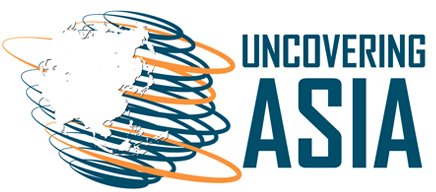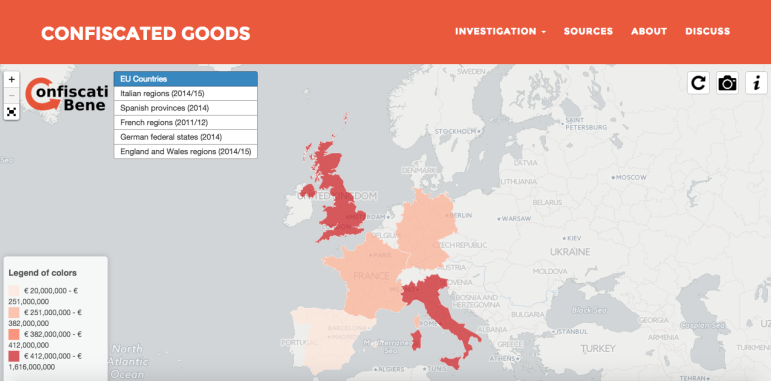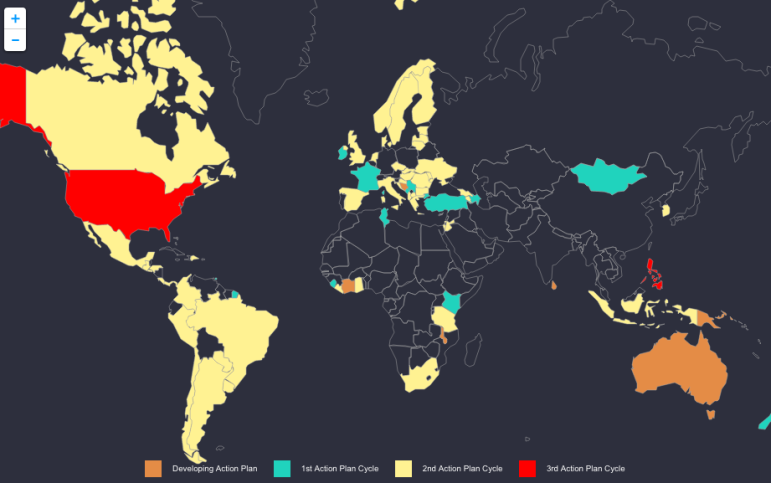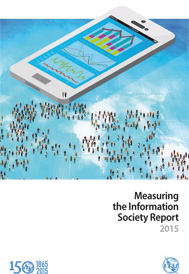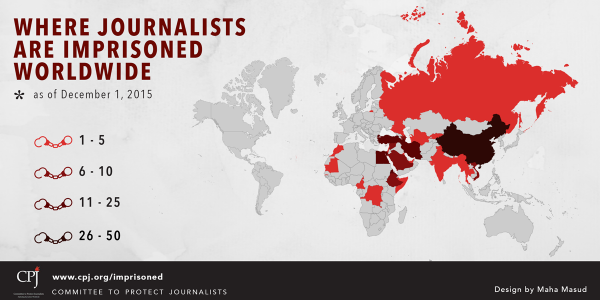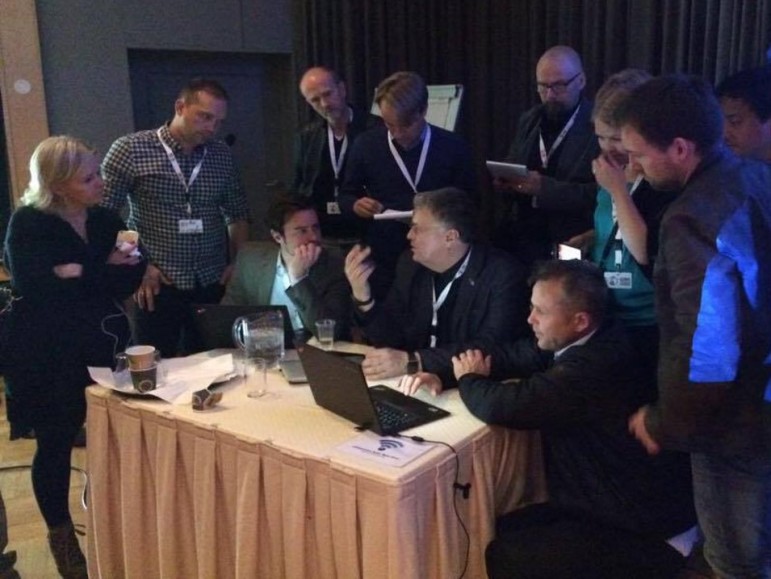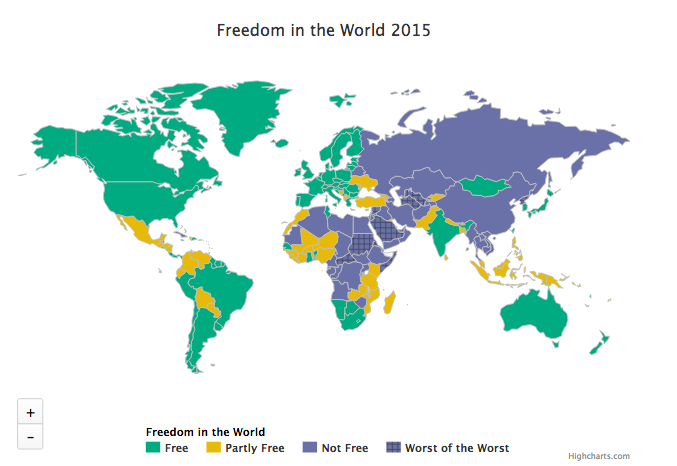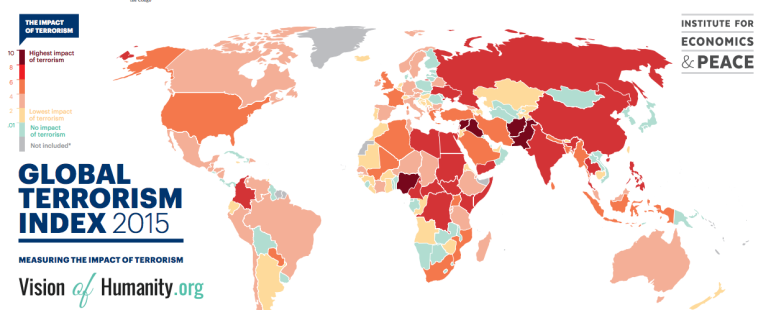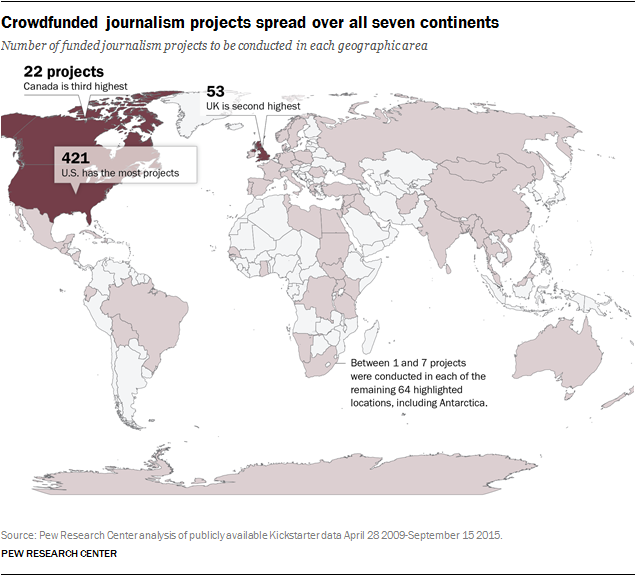
Case Studies
Crowdfunded Journalism: 10 Takeaways from the Pew Study
Last week, the Pew Research Center released Crowdfunded Journalism: A Small but Growing Addition to Publicly Driven Journalism. The report highlights that, while contributions to crowdfunding journalism are modest compared with other categories, it is indeed a growing trend. The report found that crowdfunding represents a new, niche segment of nontraditional journalism, gives voice and visibility to efforts that otherwise would likely slip under the radar, provides new sources of sustainability, and contributes to public engagement.






